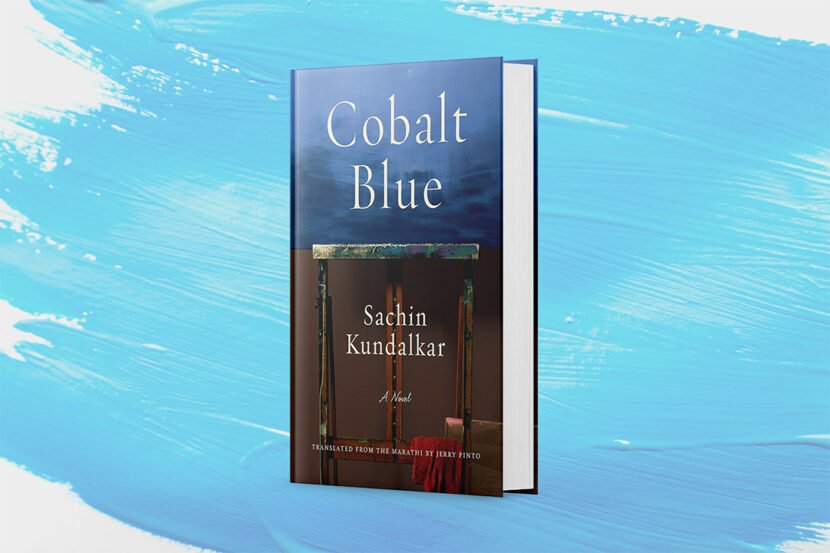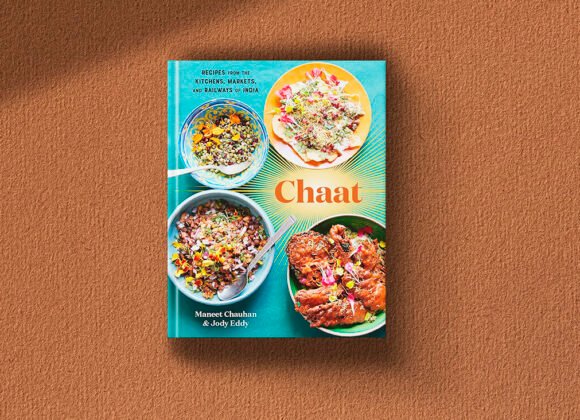It’s been two years since I first read Cobalt Blue by Sachin Kundalkar, and the questions it left me with still linger. It’s one of those rare novels where the story is resolved, but the ending is tantalizingly open, leaving you to ponder long after you’ve turned the last page.
At first glance, the plot of Cobalt Blue seems straightforward—a paying guest moves into the Joshi household and upends the lives of siblings Tanay and Anuja. He seems like the perfect tenant, always on time with the rent and willing to listen to their mother’s nostalgic rants about the decline of Indian culture. Yet, there’s something elusive about him—no last name, no family, no friends, no discernible past or future. When he vanishes with Anuja, the lives of the Joshi family are irrevocably altered.
What makes this book truly exceptional, though, is how it navigates both homosexual and heterosexual relationships with equal grace and sensitivity. Jerry Pinto’s English translation from Marathi is seamless, preserving the essence and nuance of Kundalkar’s storytelling while making it accessible to a wider audience. The result is a novel that feels both intensely personal and universally resonant.
Two Sides of the Same Story
The novel’s structure is one of its most compelling features. It’s told in two parts: the first from Tanay’s perspective as he mourns the loss of a love he never truly had, and the second from Anuja’s as she struggles with her own heartbreak. Both siblings are connected by their shared experience with the paying guest, yet their emotional journeys couldn’t be more different. What’s fascinating is how Kundalkar keeps the guest at arm’s length—he’s a catalyst for change, yet remains shrouded in mystery.
As readers, we’re left to wonder: who did the guest love more? Why did he entangle himself with both siblings, only to disappear? These unanswered questions are not a flaw, but rather the beauty of the book. Kundalkar deliberately leaves these gaps for readers to fill, making Cobalt Blue a story as much about what’s left unsaid as what’s revealed.
A Deeply Personal Connection
For me, as a Maharashtrian, Cobalt Blue struck a deeper chord. The small details—the familial dynamics, the societal pressures—felt intimately familiar. Kundalkar paints a vivid portrait of life in a Marathi household, grounding the story in a cultural context that resonated with my own experiences. Yet, even if you don’t share that connection, the novel’s themes of love, loss, and identity are universal, making it a read that anyone can appreciate.
In short, Cobalt Blue is a beautifully crafted, emotionally complex novel that challenges the reader with its open-endedness. It’s a book that doesn’t offer easy answers but invites you to sit with the ambiguity and find your own meaning in its story. If you’re looking for a novel that lingers long after you’ve closed the cover, this one is worth every page.






